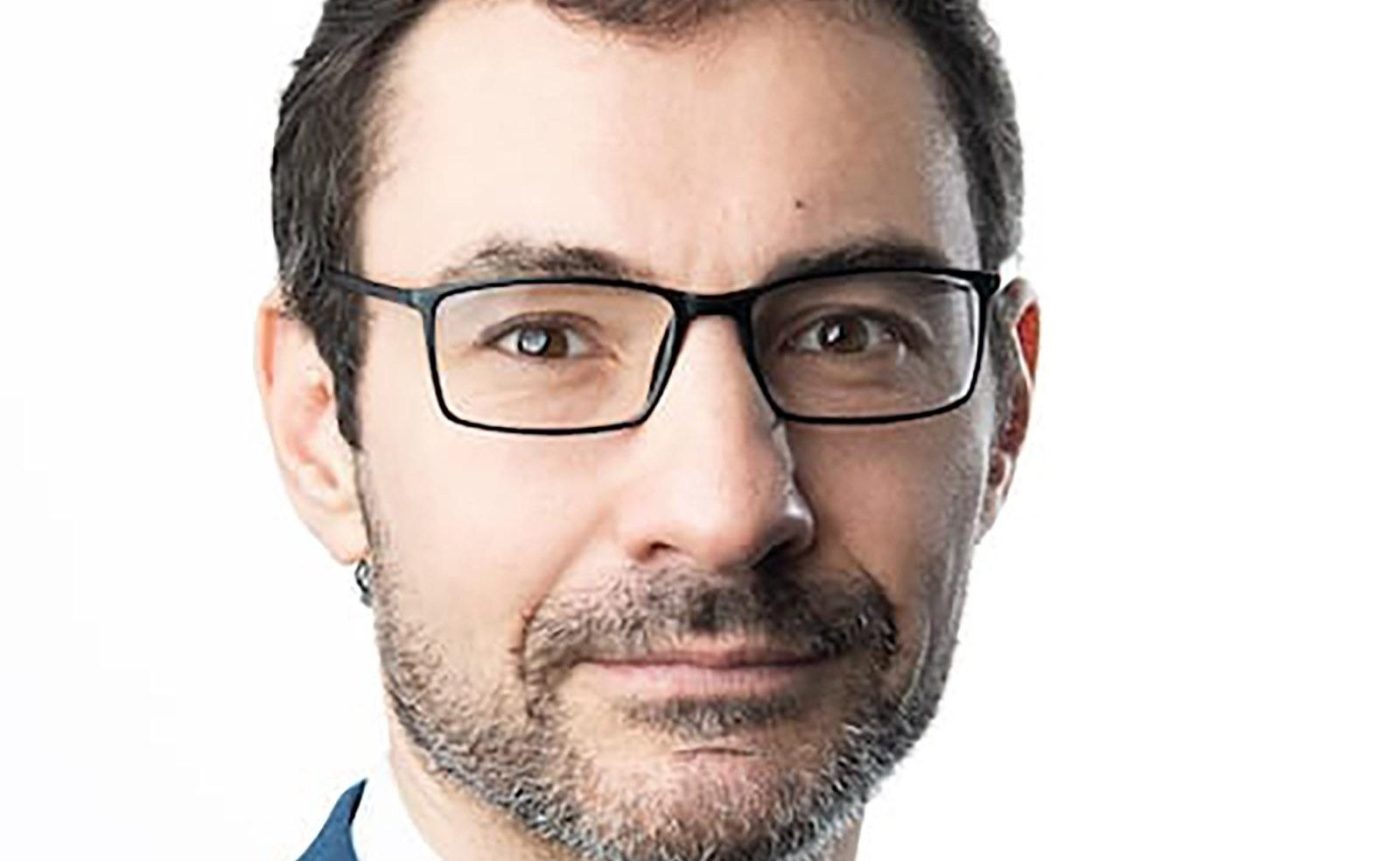Medical cannabis is gaining traction as a viable treatment option for chronic conditions, prompting calls for insurance coverage to alleviate the financial burdens faced by patients. Dr. Mikhail Kogan, an associate professor of medicine and chief medical officer at the Center for Integrative Medicine at George Washington University, argues that acknowledging and integrating medical cannabis into healthcare systems is a necessary step forward.
Patients with chronic pain and dementia often struggle to afford their medications, with many resorting to out-of-pocket expenses for cannabis while insurance companies refuse to cover it. This dynamic forces individuals to choose between essential living expenses and necessary medication. Dr. Kogan emphasizes that medical cannabis is one of the safest and most effective treatments available for various chronic ailments, yet it remains largely unrecognized in the insurance landscape.
The financial impact of chronic pain and dementia is profound, consuming a significant portion of Medicare and Medicaid budgets. These conditions also contribute to the opioid crisis, as patients are often prescribed high-risk medications. Research indicates that patients substituting cannabis for opioids can experience reductions in their usage by 30 to 50%. Notably, cannabis has not been associated with recorded overdose deaths, unlike opioids and benzodiazepines.
Dr. Kogan points to studies suggesting that broader adoption of cannabis could potentially save up to 50,000 lives annually. For dementia patients, cannabis has been shown to improve sleep, appetite, and mood, frequently allowing them to reduce or eliminate medications with severe side effects. The narrative that cannabis lacks sufficient research is becoming outdated, as a comprehensive review by the National Academies of Sciences, Engineering and Medicine in 2017 classified cannabis as an evidence-based treatment for conditions such as chronic pain and chemotherapy-related nausea.
The landscape of cannabis research is rapidly evolving, with international models from countries like Israel and Canada showcasing tangible benefits and financial savings. Patient-reported outcomes, which capture real-life experiences, demonstrate improvements in daily functioning, mood, and overall quality of life that clinical trials may overlook. Yet, federal agencies in the U.S. face a paradox: the Food and Drug Administration cannot approve cannabis products due to their variability, and without FDA approval, insurance providers remain reluctant to offer coverage.
Existing models provide a framework for potential cannabis coverage. For instance, hospice programs receive per-diem payments from Medicare for comprehensive palliative care. Integrative pain management programs, such as those at the University of Vermont, have successfully obtained insurance reimbursement and have shown significant cost savings. Exploring Medicaid waivers, particularly under Section 1115 for behavioral health, could allow for cannabis coverage in treating chronic pain, anxiety, and substance use disorders.
Critics of cannabis coverage often cite safety concerns, arguing that it may lead to misuse. However, most of these fears stem from recreational use rather than controlled medical applications. While cannabis may not be suitable for everyone, particularly adolescents, the benefits for adults, especially older populations, often outweigh the risks.
The financial aspect of cannabis coverage is critical. By potentially reducing emergency room visits, unnecessary imaging, and harmful drug interactions, insurance coverage for cannabis could yield substantial savings. Insurers are already facing the financial consequences of chronic pain and dementia; thus, covering cannabis makes economic sense.
Currently, nearly 75% of adults in the U.S. reside in states with legal access to cannabis, and evidence supports its efficacy for a wide range of conditions. The demand for insurance coverage is growing, alongside a public that is increasingly ready to embrace the reality of medical cannabis.
Dr. Kogan concludes that as a physician, it is imperative to recognize effective treatments that patients are already utilizing. He urges insurance companies to follow suit, asserting that covering medical cannabis is not just a logical step—it’s an ethical obligation that has the potential to save lives.







